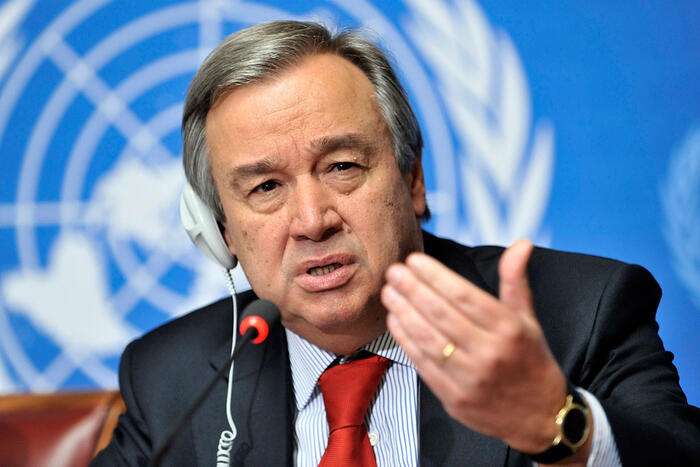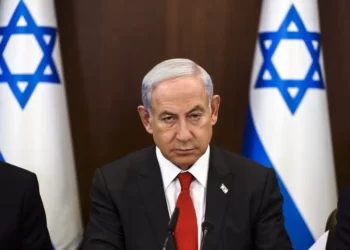At a high-level virtual summit convened on Wednesday, United Nations Secretary-General António Guterres and Brazilian President Luiz Inácio Lula da Silva spearheaded efforts to re-energize global climate action.
The closed-door session gathered 17 heads of state and government from across major economies and climate-vulnerable nations in what has been hailed as one of the most diverse meetings on climate leadership in recent memory.
The gathering was part of a broader mobilization strategy by Guterres and Lula to push for bolder national commitments under the Paris Agreement. The duo hopes the summit will generate momentum when countries are expected to unveil updated Nationally Determined Contributions (NDCs).
Among the participants were representatives from China, the European Union, the African Union, the Association of Southeast Asian Nations, and small island developing states.
The aim was to bridge geopolitical divides and unify efforts toward stronger climate action. “As we heard today, the world is moving forward. Full speed ahead. No group or government can stop the clean energy revolution,” Guterres declared during a press briefing following the summit.
Many participating leaders pledged to accelerate the submission of ambitious new climate targets. According to Guterres, China’s President Xi Jinping confirmed that the country’s updated climate goals will address “all economic sectors and all greenhouse gases,” a development the Secretary-General described as “extremely important” for the global fight against climate change.
Guterres stated that climate action is not just a moral imperative, but an economic necessity.
“The clean energy sector is booming – creating jobs and boosting competitiveness and growth worldwide…Science is on our side, and economics have shifted.”
United Nations Secretary-General António Guterres
He stressed that renewable energy now represents “the economic opportunity of the century,” with falling costs and expanding capacity. Renewables, Guterres added, offer “the surest route to energy sovereignty and security, ending dependence on volatile and expensive fossil fuel imports.”
Push For Stronger Plans By 2025
While there has been progress since the 2015 Paris Agreement, current global warming projections still hover around 2.6°C — well above the 1.5°C target deemed critical by scientists. Guterres called for urgent efforts to align new climate plans with that target, covering all greenhouse gases and economic sectors, and ensuring countries commit to net-zero emissions by mid-century.
A senior UN official, speaking anonymously before the summit, explained that the goal was to maintain high-level political momentum in what is shaping up to be a pivotal year for climate diplomacy. “This meeting is about reminding leaders that climate remains a key priority – that collaboration and multilateralism still matter,” the official noted.
Brazilian officials echoed this sentiment, emphasizing the importance of turning negotiated promises into tangible outcomes. With Brazil set to host COP30 in Belém, the focus is shifting from words to results. “We have already negotiated enough…now the world wants to see action, results, examples, solutions,” one official said.
The credibility of multilateralism itself, they added, hinges on delivering real-world change. “We want to prove that multilateralism is not only about negotiating documents, but about making them real.”
Mr. Guterres used the summit as a platform to call for climate justice and greater financial equity. He highlighted the disproportionate effects of climate change on poorer nations, many of which contribute minimally to global emissions yet face escalating threats.
“Africa and other parts of the developing world are experiencing faster warming – and the Pacific islands are seeing faster sea-level rise – even while the global average itself is accelerating.”
United Nations Secretary-General António Guterres

He urged world leaders to commit to a financial roadmap that would mobilize $1.3 trillion annually by 2035 for climate support in developing countries. Additionally, he called for doubling adaptation finance to $40 billion in 2024 and scaling up contributions to the Loss and Damage Fund established at COP28.
Looking ahead, the UN plans to hold a high-level climate event in September to take stock of national progress and financial commitments, just weeks ahead of COP30. Guterres concluded with a resolute warning to the international community: “We cannot, must not, and will not let up on climate action.”




















